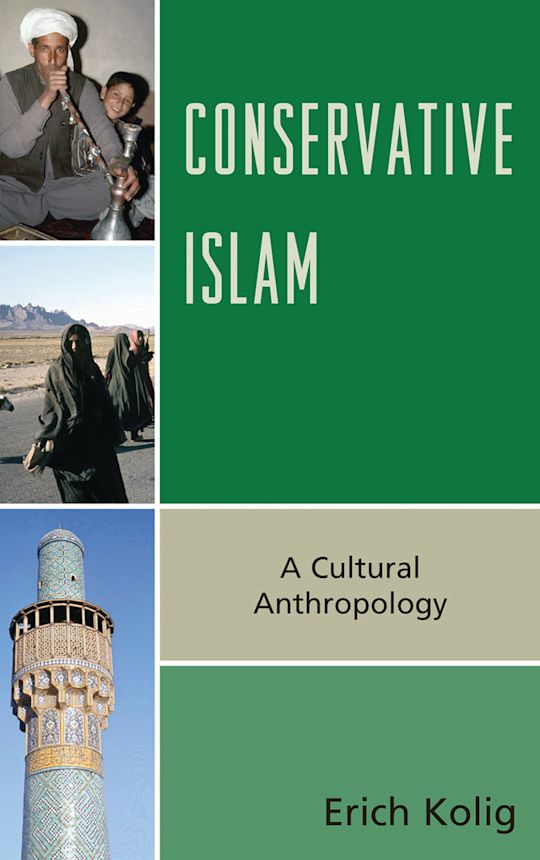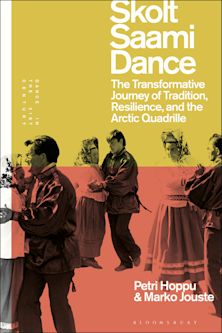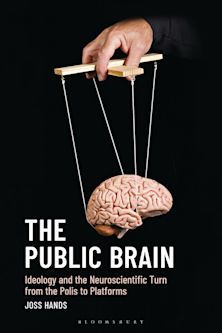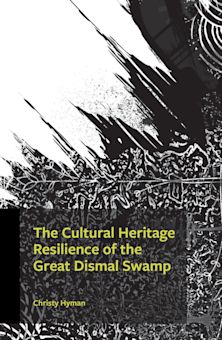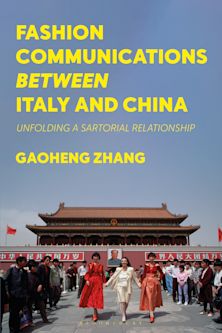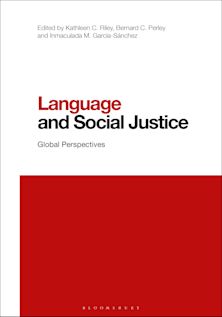- Home
- ACADEMIC
- Anthropology
- Cultural Anthropology
- Conservative Islam
You must sign in to add this item to your wishlist. Please sign in or create an account
Description
Conservative Islam: A Cultural Anthropology by Erich Kolig analyzes the salient characteristics of Islam and contemporary Muslim society from the perspective of traditional cultural anthropology. Gender issues, the headscarf and veiling, alcohol and pork prohibition, the taboo on satirizing religious contents, violence and jihad, attitudes toward rationalism and modernity, and other important issues that emanate from Islamic doctrine are discursively highlighted as to their origins, symbolic meanings, and importance in the modern world. By highlighting socio-cultural configurations, the universals they represent, the circumstances of their creation, and their semiotic meaning, Kolig helps the reader gain understanding of Islam in the modern world.
Table of Contents
Introduction
Chapter 1: Unity in Plurality
Chapter 2: Islamic Law
Chapter 3: Islamic Commensality
Chapter 4: Vexing Questions About Gender Relations and Women
Chapter 5: Sartorial Conundrums
Chapter 6: The Intellectual Ingredient of Freedom and Levity
Chapter 7: Islamic Politics and Leadership
Chapter 8: Sacred Violence, Martyrs, and Secret Societies
Epilogue
About the Author
Index
Product details
| Published | 05 Apr 2012 |
|---|---|
| Format | Ebook (Epub & Mobi) |
| Edition | 1st |
| Extent | 410 |
| ISBN | 9780739174258 |
| Imprint | Lexington Books |
| Publisher | Bloomsbury Publishing |
About the contributors
Reviews
-
Kolig’s anthropological approach brings valuable nuance to understanding competing notions of the 'essence of Islam' and 'Muslim diversity.' The book deals with Islam in an accessible and stimulating way through the treatment of a series of topical and fascinating subjects. The end result is a work that provides broad coverage combined with perceptive insights from other cultural settings.
Andrew Rippin, University of Victoria
-
In this thought-provoking study, Erich Kolig provides an analysis of contemporary Islam with its starting point in precisely those aspects which most upset outsiders, including violence, the position of women, dress, freedom of expression, dietary rules, and assertive politics. Kolig provides a contextual and conceptual introduction which invites the reader to follow him in his enterprise. He sets up a dialogue among the founding Islamic texts, the subsequent interpretations, history, and contemporary society which emphasizes the enormous diversity of the Islamic space both historically and in the present. This book demands that the reader rethink many of today's simplifications and generalizations about Islam.
Jørgen S. Nielsen, University of Copenhagen
-
This densely written book by a cultural anthropologist attempts to trace the characteristics of present-day Islam back to "ancient cultural and social peculiarities and symbols extant at the time of Islam's emergence." Kolig (Univ. of Otago, New Zealand) has set himself a difficult task: reconstruct the formative ideas and values of Islam from its origin in the Arabian Peninsula in the seventh century of the Christian era and evaluate their influence on current Islamic dogma and culture. Though his book is primarily a study of the history of ideas, the author's goal is to link these formative ideas to their expression today in the context of a globalized Islam whose 1.5 billion adherents are increasingly coming face-to-face with the secular and liberal ideology of the politically and economically dominant West. Kolig examines such topics as Islam and democracy, gender relations in Islam, and the urgent question of violence in Islam. This is a serious effort by a Western anthropologist to understand the conceptual underpinnings of Muslim society and the ways the religion of Islam shapes the cultural expression of its diverse believers the world over. Summing Up: Recommended.
Choice Reviews









